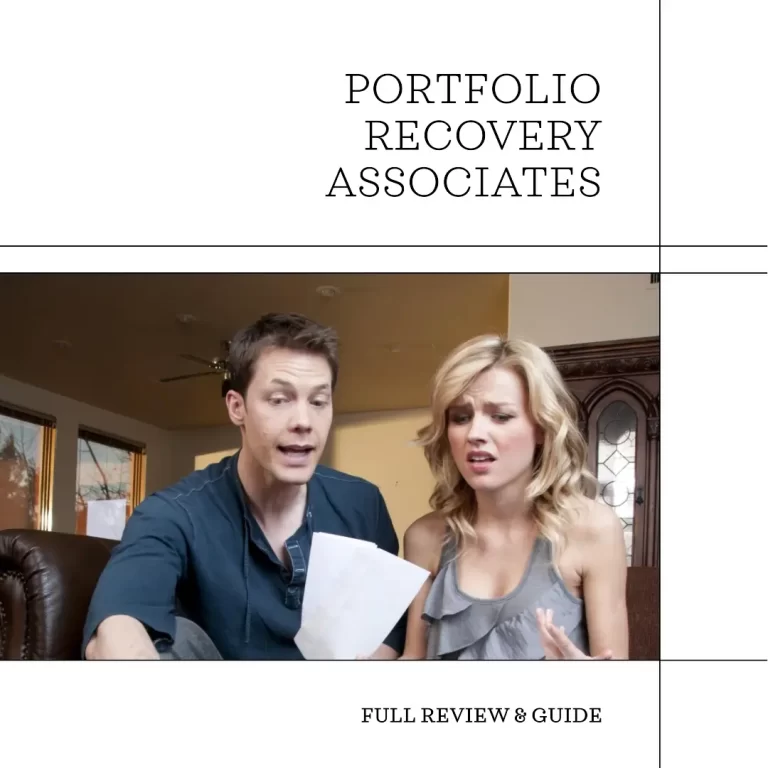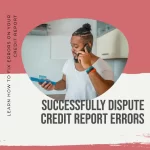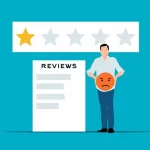Portfolio Recovery Associates (PRA Group) is a global debt buyer and collection agency headquartered in Norfolk, Virginia. PRA Group purchases and collects defaulted loans from banks, credit unions, and other lenders. The company was founded in 1996 and has grown to become one of the largest debt buyers in the world.
Who Is Portfolio Recovery Associates
Portfolio Recovery Associates is a publicly traded company listed on the NASDAQ stock exchange under the ticker symbol “PRAA.” The company has over 7,000 employees and operates in 18 countries around the world. PRA Group’s mission is to “help people resolve their debt and build a brighter financial future.” In the past it use to say on their site, “World leader in acquiring non performing consumer debt.”
Portfolio Recovery Associates buys defaulted loans from banks, credit unions, and other lenders. The company then works to collect the debt from borrowers. PRA Group uses a variety of methods to collect debt, including phone calls, letters, and in-person visits. The company also works with borrowers to develop payment plans that they can afford.
What To Do If Contacted By Portfolio Recovery Associates
While debt collectors play an important role in the financial system, they are not your friends. They are not there to help you. They exist to collect money for their clients, and they will do whatever it takes to get the job done.
If you are contacted by a debt collector, it is important to be aware of your rights. You have the right to:
- Verify the debt: Debt collectors are required to provide you with certain information about the debt, such as the original creditor, the amount of the debt, and the date it was due. If you are not sure if the debt is legitimate, you can ask the debt collector for proof of the debt.
- Dispute the debt: If you believe that the debt is not yours, or that you have already paid it, you can dispute it with the debt collector. You will need to provide documentation to support your claim.
- Make a payment arrangement: If you cannot afford to pay the debt in full, you can try to work out a payment arrangement with the debt collector. This may involve making smaller payments over a longer period of time.
- Be treated fairly: Debt collectors are prohibited from engaging in certain harassing or abusive practices. They can’t call you at unreasonable hours, threaten you with violence or arrest, or lie to you about the debt.
It is also important to remember that you are not alone. There are many resources available to help consumers deal with debt collectors. You can contact your state’s consumer protection agency, the Consumer Financial Protection Bureau (CFPB), or a nonprofit consumer organization for help.
By being aware of your rights and knowing how to protect yourself, you can avoid being taken advantage of by debt collectors.
Portfolio Recovery Associates Complaints
- Debt validation: The most common complaint is that Portfolio Recovery Associates did not provide adequate proof of the debt. This can make it difficult for consumers to dispute the debt and can lead to them being harassed by the collection agency.
- Aggressive debt collection practices: Calling consumers outside of allowed hours, threatening language, and making false threats of legal action. These practices can be stressful and intimidating for consumers, and they may even violate the law.
- Billing errors: Charging consumers for debts they do not owe or charging them more than they owe. These errors can be costly for consumers and can damage their credit reports.
- Dishonoring payment arrangements: Some complaints allege that Portfolio Recovery Associates dishonored payment arrangements that consumers had made with the company. This can damage consumers’ credit reports and make it difficult for them to get loans or credit cards in the future.
- Failure to provide information: Some information that must be provided include original creditor, the amount of the debt, and the date it was first defaulted. This can make it difficult for consumers to dispute the debt or to make arrangements to pay it.
Solutions To Complaints
- Debt validation: Consumers should request debt validation from Portfolio Recovery Associates. This means that the company must provide them with documentation proving that they owe the debt. If the company cannot provide this documentation, the consumer may not have to pay the debt.
- Aggressive debt collection practices: Consumers should document all of their interactions with Portfolio Recovery Associates, including the date, time, and content of phone calls and letters. If the company is using aggressive debt collection practices, consumers can file a complaint with the Consumer Financial Protection Bureau (CFPB).
- Billing errors: Consumers should carefully review their Portfolio Recovery Associates bills for any errors. If they find an error, they should contact the company immediately to dispute it. Consumers should also keep a copy of all correspondence with Portfolio Recovery Associates regarding the billing error.
- Dishonoring payment arrangements: Consumers should keep a record of all payments they make to Portfolio Recovery Associates. If the company dishonors a payment arrangement, consumers should contact the company immediately to try to resolve the issue. If the company is unwilling to resolve the issue, consumers should file a complaint with the CFPB.
- Failure to provide information: Consumers should request information about the debt they are being asked to pay from Portfolio Recovery Associates. If the company fails to provide this information, consumers should file a complaint with the CFPB.
Portfolio Recovery Associates Contact Info
Portfolio Recovery Associates
150 Corporate Boulevard
Norfolk, Virginia 23502, U.S.
Phone Number: 1-800-772-1413
Website: https://www.portfoliorecovery.com/
What Is The Law
The Fair Debt Collection Practices Act was passed to protect consumers from abusive and unfair collection practices by debt collectors. While the definition of “harassment” may vary from person to person, there are specific behaviors addressed in the FDCPA that apply to all companies that collect debt. If you are contacted regarding a past due account, you have certain specific rights. If those rights are violated, you have the right to specific effective remedies as long as you seek the appropriate help or take some simple steps yourself.
You have the right to tell a debt collector to stop calling you about your debt at any time. When asked, the debt collection agency must provide you with the full name of the company and a mailing address where you can send a letter requiring them to stop contact regarding this debt. You may do this even if you owe the debt. After they receive that letter, the debt collection agency may only contact you to tell you that they will stop their collection efforts or to inform you that they are no longer trying to collect the debt or that they are taking legal action against you.






